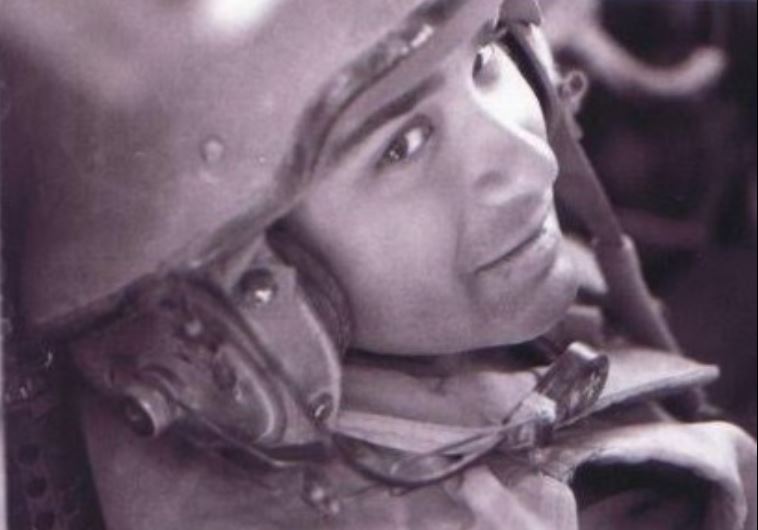Remembering an anti-tunnel warfare pioneer who fell in the line of duty
Capt. Moshe Taranto was killed dealing with a Gazan tunnel; Since then, his commanding officer and family have formed a unique bond.
 Moshe Taranto, 23, was a pioneer in anti-tunnel warfare.(photo credit: IDF SPOKESMAN’S UNIT)Updated:
Moshe Taranto, 23, was a pioneer in anti-tunnel warfare.(photo credit: IDF SPOKESMAN’S UNIT)Updated: